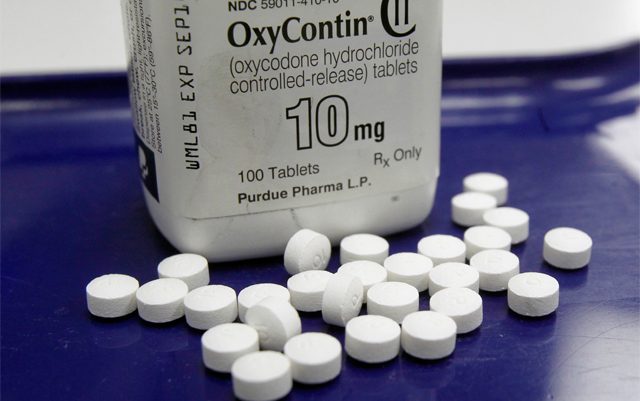A new study is making the rounds and those who oppose legal marijuana are sounding the death knell for the theory that legal cannabis use has led to a reduction in opioid use, overdoses and death.
To begin at the beginning, many of you are likely familiar with a study published in 2014 that showed fewer opioid deaths in states that had legalized medical marijuana prior to 2010. It’s a study that has been cited by many – myself included – when making the case for cannabis being helpful in getting people off opioid painkillers.
But a new study seems to directly contradict that previous study. From The Atlantic:
[A] new paper, published today in the Proceedings of the National Academy of Sciences, throws cold water on that dream. A new set of researchers replicated part of the 2014 study’s findings: That is, from 1999 to 2010, it’s true that the introduction of medical-marijuana laws was associated with a decline in opioid-overdose deaths. But when the researchers included states that introduced laws between 2010 and 2017, the direction of the relationship reversed. Instead of a reduction in opioid overdoses, medical marijuana was associated with a 23 percent increase in overdose deaths.
“If you believed the results of the first study, it’s hard to argue that you don’t believe the results of the second one, since the methods are the same,” says Chelsea Shover, a postdoctoral researcher at Stanford University and an author of the new PNAS study.
From this, the article’s author deduces that the hope that marijuana could help those suffering from opioid addiction has officially been destroyed. In fact, from this one study comes the article’s headline “The Misplaced Optimism in Legal Pot.” A dire turn of events indeed.
I suppose if one assumed that no other studies have been done on this issue in the last 5 years – which the article’s author apparently does, without bothering to check – they could be forgiven for coming to that conclusion.
But the problem with that assumption is that it is demonstrably wrong. Without ever leaving The Marijuana Times website, you can find this story about two studies (covering 2010-2015 and 2011-2016) that show a drop in the number of opioid doses prescribed in medical marijuana states. Here’s a study that shows a decrease in opioid-related deaths in Colorado after the start of adult-use retail sales in 2014.
Need more? How about dozens of studies done since 2014 on opioid use and cannabis? Not enough? Maybe this study covering the years 1999-2015 is helpful? What about this one showing the positive effects of medical marijuana dispensaries on opioid deaths?
You get the point. A little research goes a long way, especially if you’re really trying to give your readers more well-rounded information. But sadly we live in a clickbait world where one Tweet can prop up a whole story, i.e. “[Insert celebrity name here] Faces Backlash on Twitter After [Insert thing no one actually cares about here].” In this world, citing one study while ignoring several dozen means the optimism in legal marijuana is misplaced. It also means “journalism” isn’t what it used to be.
I would be remiss if I ended this piece without pointing out that I don’t really care if marijuana helps those who use opioids; that’s not a reason it should be legal, it’s simply another positive side effect if it does. Marijuana should be legal because those who use, possess, grow and sell it are not infringing on the rights of anyone else. That’s it. Every other positive thing that comes from legalization is icing on the justice cake.







Thanks again for another awesome piece that showcases these idiotic journalists